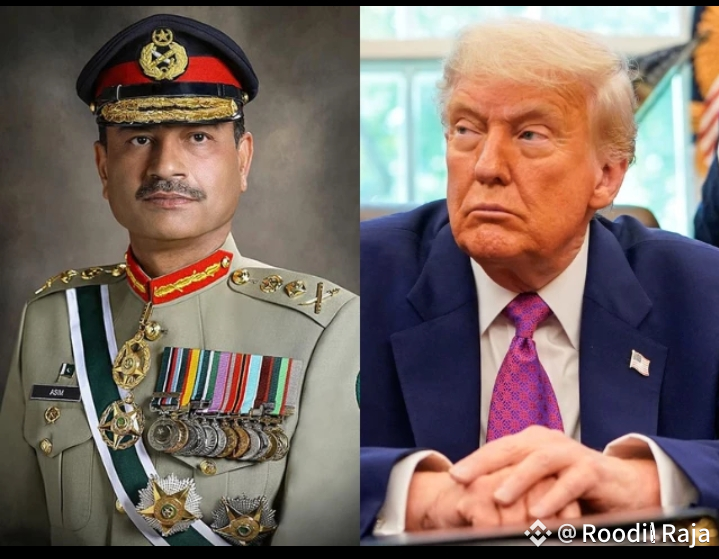Washington, D.C. – During his high-profile visit to the United States, Pakistan’s Chief of Army Staff, Field Marshal Asim Munir, touched upon key regional issues, including Iran, in a series of diplomatic meetings and public engagements. His remarks signaled Pakistan’s readiness to play a stabilizing role in the Middle East amid growing geopolitical tensions.
In discussions held at the White House with former President Donald Trump, Field Marshal Munir indirectly referenced Iran while addressing broader regional security matters. The conversation reportedly covered rising instability in the Middle East, including the Israel–Iran conflict, and how Pakistan could contribute constructively toward peace.
Most notably, Munir conveyed that Pakistan is willing to act as a mediator between the United States and Iran. This proposal was seen as part of Pakistan’s broader diplomatic strategy to position itself as a responsible stakeholder and bridge-builder in global affairs.
> “Pakistan is ready to facilitate dialogue and reduce hostilities where possible, including between Washington and Tehran,” a senior diplomatic source familiar with the meetings revealed.
This message was well received in policy circles, especially at a time when U.S.–Iran relations remain tense due to nuclear disagreements and proxy conflicts in the region. Field Marshal Munir emphasized Pakistan’s neutral stance and commitment to regional stability, reaffirming that dialogue and diplomacy are preferable to confrontation.
His outreach follows months of improving ties between Islamabad and Tehran, with both nations cooperating on border security, intelligence sharing, and anti-terror operations. By bringing that experience to the table, Munir aimed to demonstrate Pakistan's potential as a regional peace facilitator.
---
Conclusion
Field Marshal Asim Munir’s remarks on Iran during his U.S. visit reflect Pakistan’s growing aspiration to play a constructive geopolitical role. By offering to mediate between two adversaries, he positioned Pakistan as a nation not just focused on internal security but also on global diplomacy and conflict resolution.
